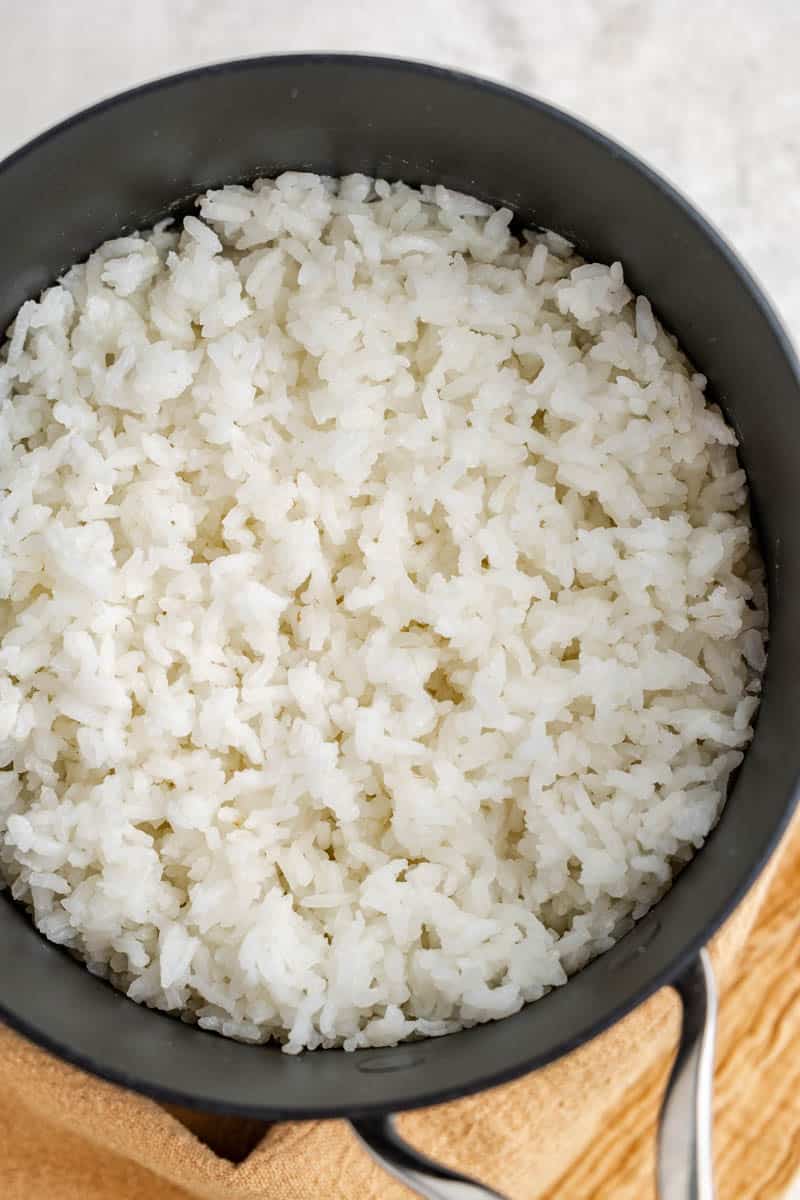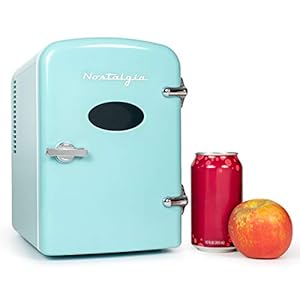Master the art of cooking fluffy white rice every time! Our comprehensive guide takes you through the process, sharing essential tips and techniques so you can make perfect rice at home without a special appliance.
White rice is not just another grain; it’s a journey into a world of endless possibilities. It’s the unassuming hero of your favorite stir-fries, the tender partner to your spicy curries, the comforting companion to your hearty stews, and the luscious base of your beloved desserts. This humble grain is your blank canvas, ready to adopt the flavors and fragrances you choose to introduce. A well-prepared pot of white rice can transport you to different corners of the world with every bite, making it a truly global delicacy.
Frequently Asked Questions
Absolutely! You can use any neutral-tasting oil, such as canola, vegetable, or even coconut oil for a slightly tropical flavor.
When the grains are tender and all the water has been absorbed, your rice is ready.
Yes, this recipe can be easily scaled up or down. Just remember to adjust the water and cooking times accordingly.
Essential Tips and Techniques
- Rinse Your Rice: Rinsing rice under cold water before cooking can remove surface starch, preventing the grains from sticking together and resulting in fluffier rice.
- Use the Right Ratio of Water: A common ratio is 2 cups of water for every 1 cup of rice, but this can slightly vary depending on the type of rice and your personal preference. For some types of rice, you might prefer a slightly less amount of water for firmer grains.
- Soak If Needed: Some types of rice, like basmati, benefit from being soaked for about 30 minutes before cooking. This helps the grains expand without breaking, resulting in a more desirable texture.
- Simmer and Steam: After bringing the water to a boil, reduce the heat to a low simmer and cover the pot. The rice will absorb the water and cook in the steam generated.
- Avoid Stirring: Stirring can release more starch and make the rice sticky. It’s best to leave the rice alone as it cooks.
- Rest After Cooking: Once the rice is cooked, let it sit off the heat with the lid still on for about 10 minutes. This resting time allows for the moisture to evenly distribute throughout the rice.
- Fluff With a Fork: Instead of a spoon, use a fork to fluff your rice after it’s done resting. A fork will gently separate the grains instead of mashing or breaking them like a spoon can do.

Types of White Rice
1. Long Grain White Rice: Ideal for dishes with separate, non-sticky grains, like stir-fries, fried rice, or side dishes. Use a 2:1 water-to-rice ratio.
- Basmati Rice: Known for its distinct aroma, perfect for dishes like biryani or pilaf. Rinse and soak before cooking, and use a 1.5:1 water-to-rice ratio.
- Jasmine Rice: Recognized for its floral aroma and slightly sticky texture, it’s excellent for Southeast Asian dishes. Use a 1.75:1 water-to-rice ratio.
2. Medium Grain White Rice: Offers a balance between stickiness and fluffiness. It’s versatile and can be used in various dishes like paella and some risottos. Use a 2:1 water-to-rice ratio.
- Calrose Rice: A type of medium-grain rice that was developed in California. It becomes sticky when cooked, making it good for sushi or as a side dish with Asian cuisines. Use a 1.5:1 water-to-rice ratio.
3. Short Grain White Rice: Yields a sticky rice when cooked. Ideal for sushi, risotto, or rice pudding. Use a 2.25:1 water-to-rice ratio.
- Arborio Rice: Traditional choice for risotto due to its high starch content. Cook by gradually adding hot liquid and constantly stirring.
- Sushi Rice: Highly sticky when cooked, perfect for sushi rolls. Season with vinegar, sugar, and salt after cooking. Use a 1.2:1 water-to-rice ratio.
Storage & Reheating Instructions
Cooked rice can be stored in the fridge in an airtight container for up to five days. To reheat, sprinkle a little water on the rice to prevent it from drying out, then microwave until hot.
If you like this recipe, you may be interested in these other delicious rice recipes:
Trending Products














